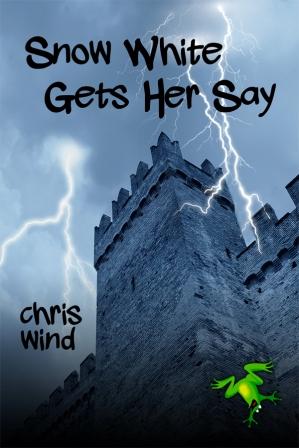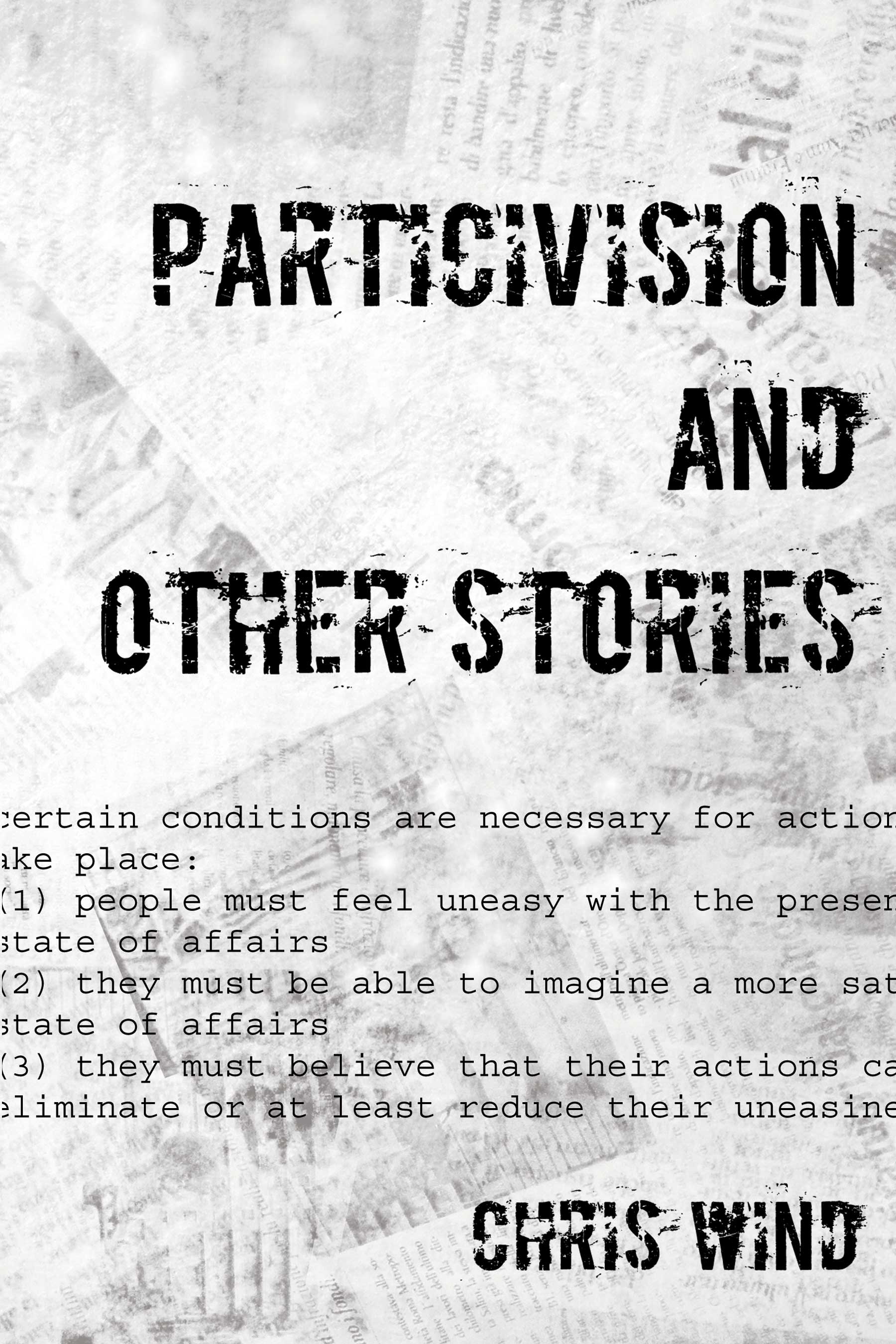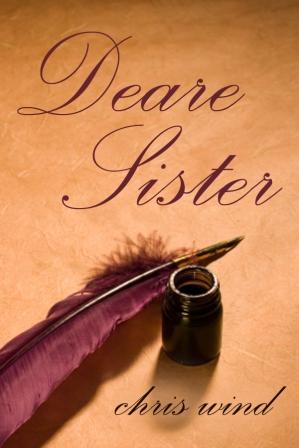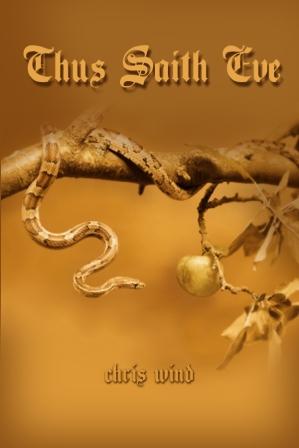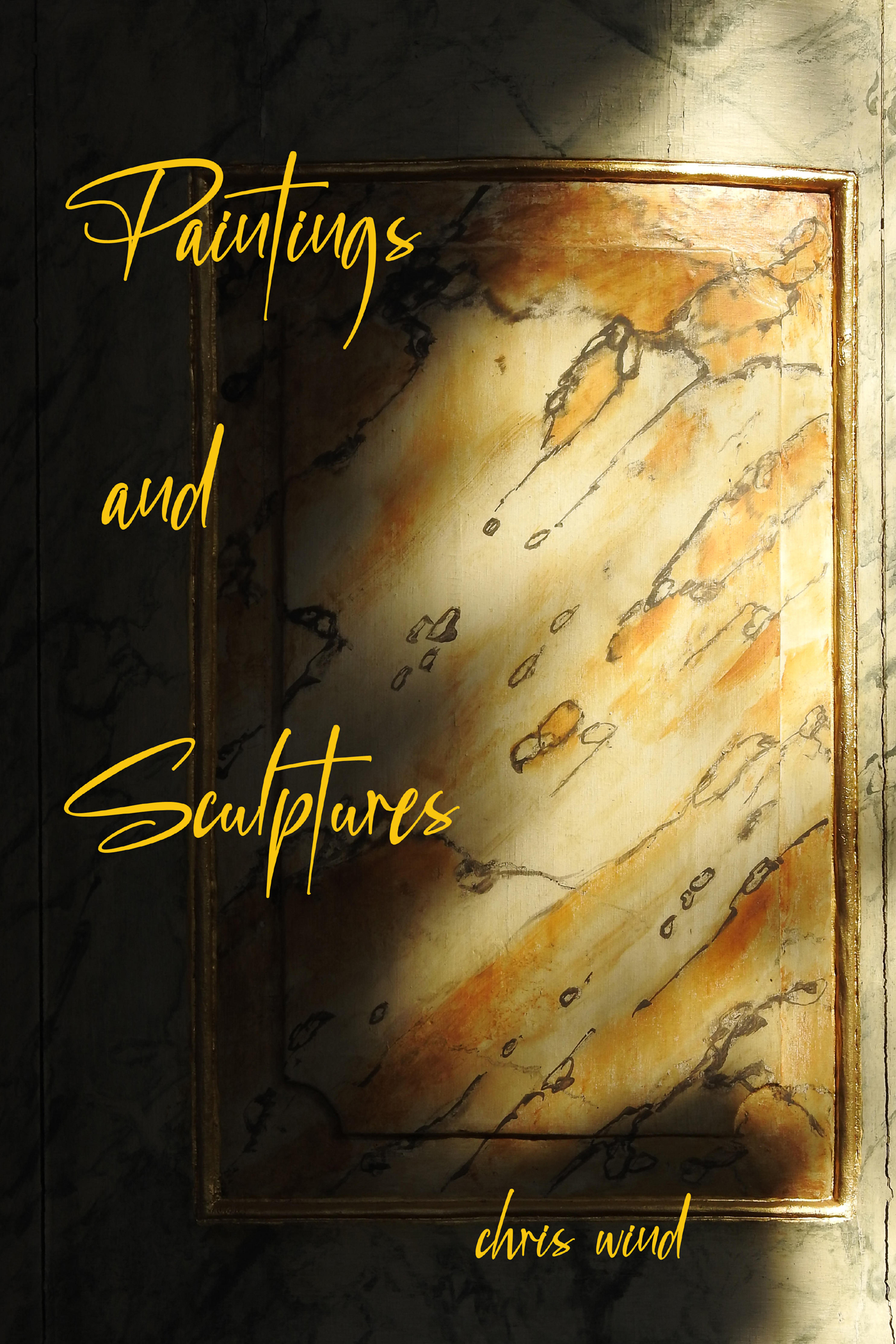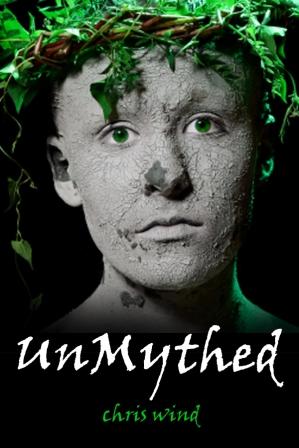
UnMythed
A collection of poems exposing the myths within the myth: what might Pandora, Circe, Penelope, Eurydice, Persephone, the Gorgons, and others have thought and done if they had not been the creations of a male supremacy?
For (feminist) poetry fans; of interest to scholars of Greek and Roman mythology; and a valuable resource for English teachers who teach a Mythology unit.
Magenta 2011
Available in various e-formats (Kindle, Kobo, NookBook, iBook), but if you’d like an epub or pdf, you can download it right here, for free. (And here’s why).
Available in print only as part of Satellites Out of Orbit
*
“…a fascinating collection of upbeat male/female commentaries based on incidents in the lives of mythological characters. With considerable skill and much care, chris wind has extrapolated truths from mythical scenarios and reordered them in modern terms. An Appendix provides the necessary biographical information pertinent to each poem. Wind handles these myths with wit and intellect. Her voice suggests that the relationship between the consciousness of the myth-makers and modern consciousness is closer than we would think.” Linda Manning, Quarry
“Don’t let unfamiliarity with Greek [and Roman] mythology put you off this one. A full, if biased, glossary is provided, and many of the hero(ine)s have been updated. … It’s doubly ironic in light of the tradition of using the Classics to turn upper-class boys into world leaders. … No footnote is needed to explain “Bellerophon,” for instance. Our collective inability to deal with sex is as obvious today as it was in ancient times: “So the way it’s set up, / I’m supposed to say yes / and she’s supposed to say no / – and that’s rape. // and that’s frightening.” review, unnoted source
“…A welcome relief from the usual male emphasis in this area. There is anger and truth here, not to mention courage.” Eric Folsom, Next Exit
“Personally, I would not publish this stuff. This is not to say it isn’t publishable – it’s almost flawless stylistically, perfect form and content, etc. etc. It’s perverse: satirical, biting, caustic, funny. Also cruel, beyond bitter, single-minded with a terminally limited point of view, and this individual may have read Edith Hamilton’s Mythology but she/he certainly doesn’t perceive the essential meanings of these myths. Or maybe does and deliberately twists the meaning to suit the poem. Likewise, in the etymological sense. Editorial revisions suggested? None, it’s perfect. Market potential/readership targets? Everyone – this is actually marketable – you could fill Harbourfront reading this probably. General comments? You could actually make money on this stuff.” anonymous reader report for a small Canadian press, that rejected the ms
*
Gaia 1
Narcissus 2
Pandora 3
Daphne 4
Daedalus 6
Ismene 8
Poseidon 9
Athena and Orestes 10
Circe 11
The Muses 12
Omphale 13
Hyacinth 14
Philomel 15
Clytie 16
Eurydice 17
The Danaids 18
Amphion 19
Galatea 20
Gorgons 22
Dido 23
Menelaus 24
Psyche 26
Hylas 27
Atalanta 28
Penelope 30
Macha 31
Jason – I 32
Penthisilea 33
Persephone 34
Adonis 36
Ares 37
Siren 38
Acrisius 39
Iphigenia – I 40
Thetis 41
Chryseis and Briseis 42
Jason – II 43
Chiron 44
Artemis 45
Bellerophon 46
Iphigenia – II 47
Prometheus 48
Sisyphus 49
*
Gorgons
it’s not our glance
that turns you to stone
but your own—
as soon as you see us
you become cold
insensitive
unable to respond
to ugly women
___
The Gorgons were three sisters (Medusa was one of them) who were monsters with ‘snaky hair, most horrible’; whoever looked at them turned instantly to stone.
*
Chryseis and Briseis
it would seem
that nothing is more important to a man
than a woman:
they go to war
because of one
and once there
they fight and kill
to get one:
Agamemnon got Chryseis,
then sulked when the gods said
he had to give her back,
and stole Briseis,
the one Achilles had gotten,
to have instead.
so this is my poem
for you, Chryseis, and you, Briseis
sitting in their tents
trying to understand
how you can be both prisoner and prize,
how you can be sought like gold
but treated like shit.
suddenly it comes to you:
it’s not womanhood that’s being glorified
but manhood—
and proof of the latter is having one of the former
the problem understood
the solution is clear:
establish another proof of manhood.
no, it’s really not so much
a matter of proof
as a matter of definition—
in either case,
it’s out of your hands,
as long as they’re tied.
___
Agamemnon and Achilles were both members of the Greek army that fought the Trojan War (a war begun over a woman, Helen). A quarrel began about Chryseis, who had been carried off by the Greeks and given to Agamemnon. Chryseis’ father begged for her release but Agamemnon refused. Because this angered the gods (Chryseis’ father was a priest of Apollo), the army chiefs, led by Achilles, persuaded Agamemnon to change his mind. He did so, saying ‘But if I lose her who was my prize of honour, I will have another in her stead’. He then sent two of his men to Achilles’ tent to get his prize, a woman named Briseis. Achilles allowed them to take her, but swore he would have revenge.


